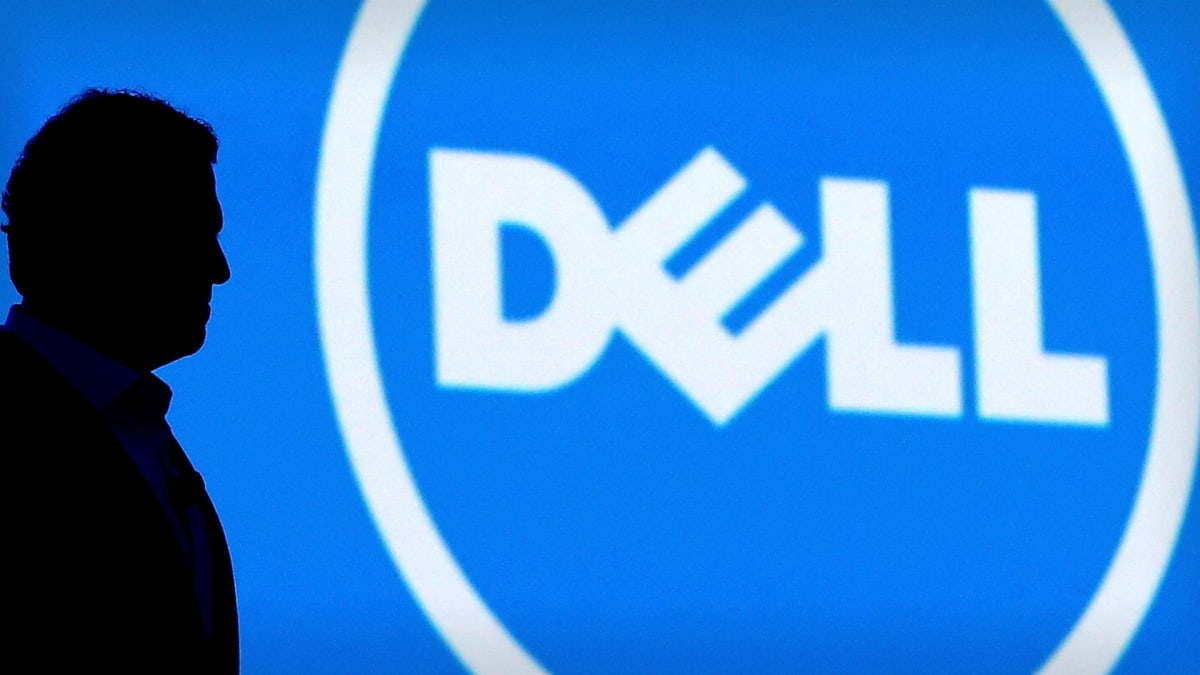
Dell Technologies (DELL) is set to slash around 5% of its global workforce, the company confirmed Monday, as it braces for an extended slump in PC demand.
Dell is likely to eliminate around 6,650 jobs, the report indicated, taking its headcount levels back to the lowest since 2017, as market conditions “continue to erode with an uncertain future”, according to a company memo first reported by Bloomberg.
"What we know is market conditions continue to erode with an uncertain future. The steps we've taken to stay ahead of downturn impacts -- which enabled several strong quarters in a row -- are no longer enough," said co-COO Jeff Clarke. "We now have to make additional decisions to prepare for the road ahead."
"In the coming days and weeks, you'll begin to see a series of changes - some resets - across the organization to better structure us for the future, to better collaborate, reduce complexity, increase speed and to accelerate innovation," he added. "They'll help us focus on purpose-driven work and be in the best position to make the greatest difference for customers, Dell Technologies and each other."
Dell Technologies shares were marked 3005% lower in early Monday trading to change hands at $40.96 each, extending the stock's six-month decline to around 10%.
Late last month, IBM (IBM) said it will cut around 3,900 jobs, a figure that represents around 1.5% of its global workforce, a move it linked in part to last year's spin-off of Kyndryl and the divesting of its healthcare data business.
Google parent Alphabet (GOOGL) unveiled plans to cut around 12,000 jobs from its global workforce, a move that swiftly followed plans from Microsoft (MSFT) to slash around 5% of its global workforce, and take a $1.2 billion charge against its second quarter earnings, as it looks to 'align costs' with customer demand.
Both Intel (INTC) and Advanced Micro Devices (AMD), the biggest U.S. chipmakers focused on the PC sector, have warned on fading demand over the coming months amid a glut in overall supply and a pullback in global consumer spending.
Even Apple (AAPL) wasn't immune to the pullback, with Mac sales falling 28.7% over its December quarter to $7.74 billion, owing to what the tech giant called "challenging macroeconomic environment and foreign exchange headwinds.
Late last year, Dell said softer PC demand and a surging U.S. dollar, however, will keep fourth quarter sales in the region of $23 billion to $24 billion, with earnings forecast between $1.50 to $1.80 per share, around 15 cents shy of analysts' forecasts at the mid-point.
"We expect ongoing global macroeconomic factors including slowing economic growth, inflation, rising interest rates and currency pressure to weigh on our customers, and as a result, their IT spending intentions even as they continue to digitize their businesses, CFO Tom Sweet told investors on a conference call late Monday.
"These dynamics are creating a broader range of financial outcomes for our upcoming fiscal year, particularly as we think about the second half of the year," he added.







